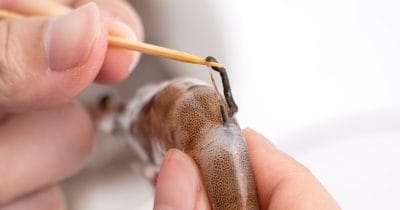
A walk among wild plants and flowers is such a treat in the spring but now health officials have issued a warning about one wild plant that poses a huge risk to anyone who touches it.
The plant is called giant Hogweed, or Heracleum mantegazzianum, and has been spotted growing in a number of states across the U.S.
One touch of this plant’s sap can result in serious burns and even permanent blindness.

The giant Hogweed is also known by many other names, such as giant cow parsnip, giant cow parsley, cartwheel-flower, or hogsbane.
The plant is said to be growing in the states of Maryland, Michigan, New York, Ohio, Oregon, Vermont, Virginia, and Washington.
It can grow to a height of 14 feet and has dark green leaves that can reach a huge 5 feet in diameter.
It has a thick, hollow stem which have white hairs and purple dots and specks, topped with stunningly beautiful white flowers.

But although tempting to touch, this plant produces a sap that contains a chemical known as Photosynthesizing furanocoumarins.
The sap makes the plant extremely sensitive to light to help it grow but if it gets onto your skin the same thing happens.
If you get the sap on your skin it can cause dark painful blisters within 48 hours and scars that can last from a few months to six years, according to CBS News.
The sap can cause permanent blindness if it gets into your eyes.
Immediate action
If you do come into contact with the sap wash the affected area with cold water immediately and get out of the sun.
Apply sunscreen to the area if you’re stuck outside and compresses soaked in an aluminum acetate mixture – available at pharmacies – can provide relief for skin irritations, the N.Y. Department of Health advises.
If hogweed’s sap gets into your eyes, rinse them with water immediately and put on sunglasses.
Find out more about this beautiful but very dangerous plant in the clip below.
[arve url=”https://youtu.be/YrXlVZ172T8″ /]
Please share this story so more people are warned about this very dangerous plant.





